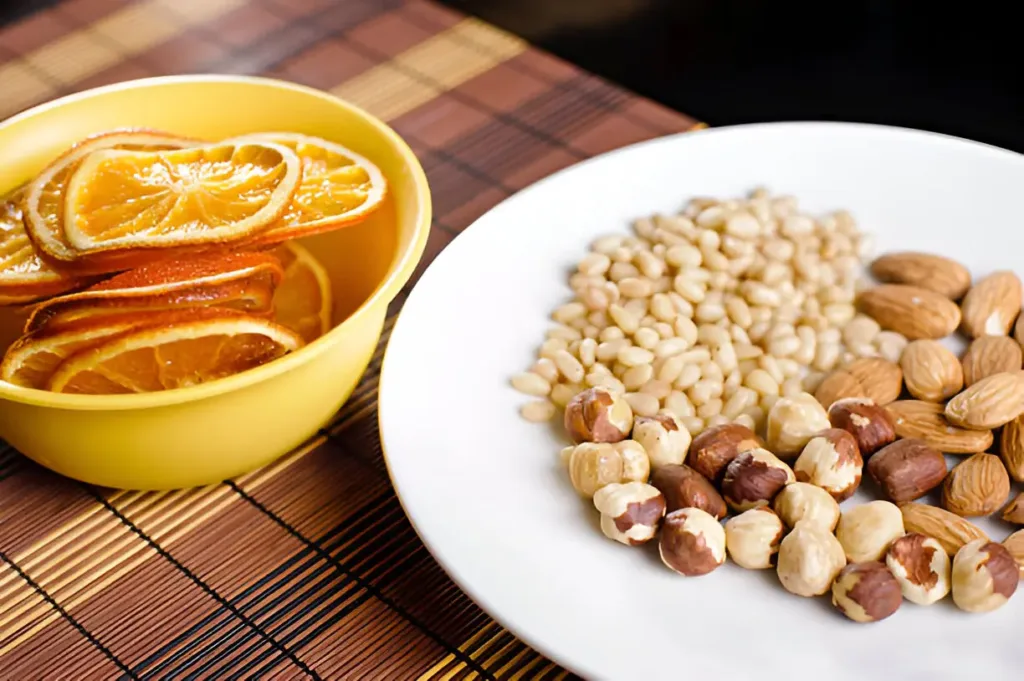Apricot seeds are emerging as a popular superfood, intriguing nutrition enthusiasts and health-conscious individuals alike. Packed with essential nutrients, these small kernels could offer a variety of health benefits. While some hail them as a natural remedy for various ailments, others approach them with caution due to certain compounds they contain. Below, we delve into the world of apricot seeds to discover what makes them so special and how they can be consumed safely. Keep reading to explore their nutritional profile, medicinal history, and much more.
The Controversy Surrounding Amygdalin in Apricot Seeds
Amygdalin, also known by its purported cancer-fighting synonym, vitamin B17, is a naturally occurring compound in apricot seeds that has sparked controversy. When ingested, amygdalin can convert into cyanide, a toxic substance, raising safety concerns among health authorities and consumers alike.
Despite the potential risks, some alternative medicine practitioners advocate for the use of amygdalin as a natural treatment for cancer. This recommendation stems from the hypothesis that cyanide can selectively target and kill cancer cells, a claim yet unproven in scientific studies.
Conventional medical communities, along with various health regulatory agencies, warn against the consumption of large amounts of apricot seeds due to the potential cyanide poisoning. Symptoms of cyanide toxicity can be extremely severe and include headaches, dizziness, nausea, and in extreme cases, can be fatal.
How To Incorporate Apricot Seeds Into Your Daily Diet Safely
Including apricot seeds in one’s diet should be done judiciously, and knowledge of their safe consumption is paramount. Starting with very small quantities, such as one to two seeds per day, can help gauge individual tolerance. It is important to monitor any adverse reactions closely when introducing these seeds into your diet.
A popular method to enjoy apricot seeds is by grinding them into a fine powder and sprinkling them on various dishes like salads, yogurts, or smoothies. This not only adds a nutty flavor but also ensures that you consume them in moderation.
Alternatively, apricot seeds can be soaked overnight to potentially reduce the amygdalin content; however, expert opinions vary on the efficacy of this method. Again, the key here is moderation—incorporating seeds as part of a balanced diet rather than relying on them as a primary nutrient source.
Uncovering the Nutritional Benefits of Apricot Seeds
Apricot seeds, also known as kernels, are rich in protein, fiber, and healthy fats which are essential for maintaining a balanced diet. These seeds contain monounsaturated fats that are known to support heart health. Moreover, they are a good source of vitamins, particularly vitamin B17, which is claimed to have cancer-fighting properties, although this has been the subject of much debate.
Aside from these nutrients, apricot seeds are also packed with antioxidants. These compounds help neutralize harmful free radicals in the body, which can lead to chronic diseases and aging. The presence of minerals like potassium, magnesium, and iron further enhances the health benefits of these kernels, making them a valuable addition to any diet.
For those wondering where to buy apricot seeds to eat, there are several reputable sources online and in health food stores. Ensuring that you source apricot seeds from reliable sellers is paramount to guarantee their quality and safety for consumption.
Research and Studies: Evaluating the Health Claims of Apricot Seeds
The last decade has seen a surge in scientific interest regarding the health claims of apricot seeds. Various studies have explored the link between amygdalin and cancer treatment, providing a spectrum of findings. While some research shows promise, the consensus in the scientific community is that more comprehensive, peer-reviewed studies are essential.
Other studies focus on the nutritional aspects of apricot seeds, aiming to quantify the benefits of their vitamins and minerals. Researchers proceed with caution, however, due to the potential risks involved with amygdalin in large doses.
In the context of alternative medicine, the anecdotal successes surrounding apricot seeds have been met with both skepticism and optimism. As the medical community pushes for evidence-based results, there are concerted efforts to conduct controlled clinical trials to assess the efficacy and safety of apricot seeds in various therapeutic applications.
Overall, apricot seeds offer intriguing potential benefits that merit further investigation. Responsible consumption, awareness of their nutritional properties and risks, and staying abreast of scientific research are the keys to harnessing any possible health benefits. As the conversation around apricot seeds continues to grow, it is vital to consult health professionals to safely incorporate them into a healthy lifestyle.
Also Read –Mold in Automobiles: Health Risks and Symptoms to Watch
